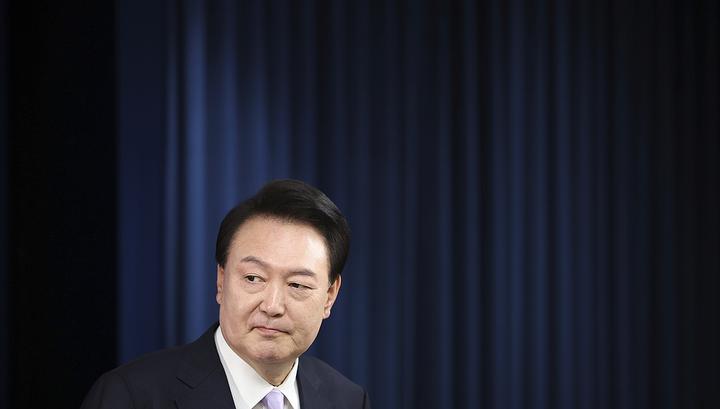South Korea's Political Crisis Deepens
South Korean President Yoon Suk-yeol faces potential impeachment after his ruling party leader Han Dong-hoon revealed the president had ordered arrests of key political figures during a brief martial law declaration, marking a dramatic shift in the political landscape.

The South Korean political arena has witnessed an extraordinary turn of events following revelations about President Yoon Suk-yeol’s controversial actions during his brief martial law declaration. Han Dong-hoon, the leader of the ruling People Power Party (PPP), disclosed that the president had ordered the arrest of multiple prominent political figures, including opposition leaders and even Han himself.
This disclosure represents a remarkable reversal in the PPP’s stance. Just days earlier, the party had opposed the president’s impeachment. The revelation that Han was on the president’s arrest list appears to have been the catalyst for this dramatic shift. The list reportedly included Democratic Party leader Lee Jae-myung, National Assembly Speaker Kim Jin-pyo, and other key political figures.
The martial law episode, though brief, has exposed deep fissures in South Korea’s democratic institutions. President Yoon declared emergency martial law without proper consultation, only to withdraw it six hours later. This unilateral action, coupled with the alleged arrest orders, has united previously disparate political factions against him.
Political analysts note that this crisis differs significantly from previous political upheavals in South Korea. The speed and breadth of the political realignment suggest a fundamental shift in the country’s political dynamics. The ruling party’s decision to abandon its president – a rare occurrence in South Korean politics – indicates the severity of the situation.
The impeachment process now appears increasingly likely to succeed, given the convergence of opposition and ruling party interests. This development raises questions about South Korea’s political stability and the future of its conservative movement, which had seen a resurgence under Yoon’s presidency.
The implications extend beyond domestic politics. South Korea’s role as a key U.S. ally in Asia and its strategic position in regional geopolitics add international dimensions to this crisis. The political turmoil comes at a time when regional stability and alliance coordination are particularly crucial.
This episode also highlights the resilience of South Korea’s democratic institutions. Despite the alarming nature of the president’s actions, the system’s checks and balances appear to be functioning, with political parties, the media, and civil society responding rapidly to prevent potential authoritarian overreach.
As candlelight protests begin to emerge across Seoul, echoing previous democratic movements in South Korea’s history, the nation appears to be at another crucial juncture in its democratic journey. The coming days will likely determine not just President Yoon’s fate but also the trajectory of South Korean democracy.